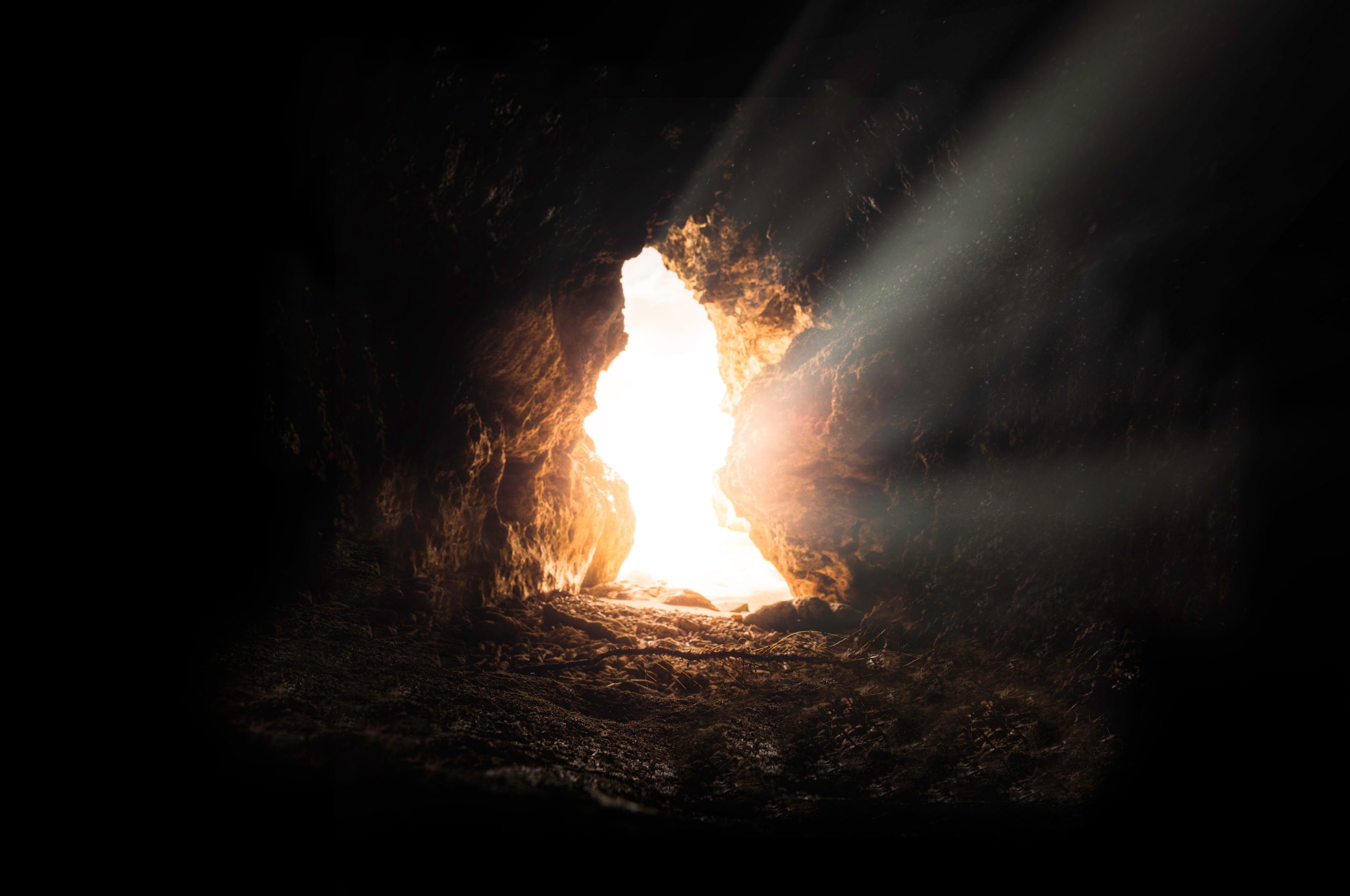
Lauren Moye, FISM News
[elfsight_social_share_buttons id=”1″]
A nationwide poll released on Monday, showed that 72.6% of Americans feel that the moral lessons found in Easter and the Passover story are important for a future strong America
The Trafalgar Group partnered with the Convention of the States Action (COSA), a conservative group promoting a “culture of self-governance,” to poll 1,079 respondents who were likely to be general election voters.
Mark Meckler, the president of COSA, said about the survey results, “Every day, we’re told that Americans place less and less value on faith, and yet when asked about the two most significant holidays in the Judeo and Christian traditions, over 70% of voters say the moral lessons they teach us are vital to a free and strong America in the future.”
The Jewish Passover served as a reminder of how God rescued the Hebrews from Egypt when they were still slaves. The Passover required a blood sacrifice of a pure lamb as a fill-in for the blood of a firstborn son so that death would “pass over” the home in the tenth and final plague God inflicted on the Egyptians. This account is widely seen as a foreshadowing of Jesus Christ’s sacrifice on the cross as a way to pay the penalty for sin.
Both are significant moral lessons dealing with sacrifice, death, and a way to live. However, they are both so heavily entwined with faith in God, that these lessons cannot truly be separated from a belief in Him.
52.6% of potential 2022 voters feel that these lessons are “very important” while an additional 20.0% agree that they are “somewhat important.” These numbers do fluctuate between parties, but even the 35.9% and 21.0% of Democrats who respectively voted the lessons as “very important” or “somewhat important” are much larger percentages than many might have anticipated. For comparison, 66.6% and 19.0% of Republican voters responded with these answers.
The most striking statistic shows that only 27.8% of Democrats view the lessons as “not important at all” compared to 8.7% of Republicans and 12.3% of respondents who identified as “no party.” The most opposed age groups to teaching these values were found in the 18-24-year-old range, with 21.5% voting that it is “not important,” and the 35-44 age group with 21.3%.
“Parents want our children to be taught to know and respect God, value freedom, observe the golden rule, and to achieve a good and great society through hard work and sacrifice,” Meckler concluded. “These are some of the fundamental values taught to us through our Judeo-Christian heritage. This is the foundation of all that is exceptional about the United States of America.”
The youngest group showed a surprising polarity. Despite having the largest percentage who did not find Easter and Passover to be important, the 52.2% of respondents in this age category agreed that it was “very important.” This should be encouraging for Christians to see more evidence of a perception shift in younger Americans compared to the middle-aged Millennial generation.
An analysis of responses by ethnicity shows very little difference between Asians, blacks, Hispanics, and whites in how they perceive the Easter story. However, it does hint at the apathy of adults in the 25-34 age bracket. Nearly half of this age group was most likely to respond with either “somewhat important” or “not very important” with results showing 21.1% and 25.2% respectively.
Overall, the poll reveals what a recent YouGov poll also showed. Americans tend to overinflate certain demographic trends, a phenomenon that has been suggested as a result of media coverage on some issues. As Meckler stated, “Don’t believe the headlines, we are still one nation under God.”
The survey was conducted from April 5 to April 8. Trafalgar gave it a 2.99% margin of error rate and 95% confidence.
